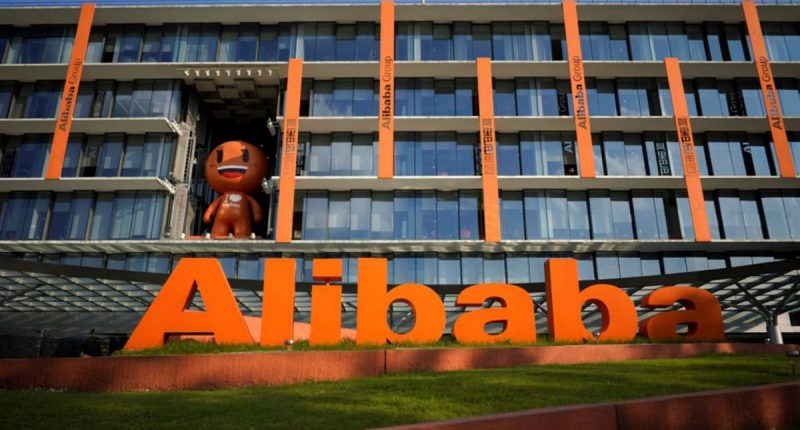Chinese tech companies have had a hard time in recent years, not only due to the crackdown by their own government but the country’s strict zero-COVID-19 policies, which led to subsequent lockdowns. It is thus unsurprising that Chinese multinational tech giant Alibaba reported a net loss as it revealed its financials for the quarter ended September 30, 2022.
For the September quarter, the Chinese behemoth clocked a net loss of 20.6 billion yuan ($2,890 million), as retail expenditure in China dropped for the period. The revenue for the quarter registered a slow year-on-year (YoY) growth of 3% to reach RMB207,176 million ($29,124 million), which fell short of analyst expectations.
Its income from operations for the same period clocked a healthy YoY increase of 68% to RMB25,137 million ($3,534 million). Alibaba attributes the growth of its income from operations to increased adjusted EBITDA and lesser share-based compensation expense.
Its diluted loss per share dropped to RMB0.97 ($0.14), while its diluted loss per dropped to RMB7.77 ($1.09). For the six months ended September 30, 2022, Alibaba pocketed RMB412,731 million in revenue, while its income from operations grew by 9% YoY to reach RMB50,080. Its diluted EPS clocked an annual drop of 96% to drop to RMB0.10 ($0.014), while its diluted earnings per ADS dropped to RMB0.82 ($0.11).
“We delivered solid results this past quarter despite ongoing macro environment challenges, which is a testament to our resilient business model and unmatched customer value proposition,” said Daniel Zhang, Chairman and CEO, Alibaba Group. “The uncertainties of the global landscape have only reinforced our resolve to focus on building capacity that will yield sustainable, high-quality growth for our customers and our own business over the long term. The trust of our shareholders has enabled Alibaba’s development over the past 23 years, and we are committed to improving shareholder return as we continue to strengthen the foundations for Alibaba’s future.”
These “solid results,” as Zhang claims, highlight the fact that Alibaba’s commerce business in China was hit hard during the period. While the gross merchandise value of “online physical goods” generated on Taobao and Tmall dropped due to decreased expenditure, COVID-19 restraints, and competition from new players in the market – such as ByteDance’s Douyin – the number of consumers on Tmall remained more-or-less static for the period. The revenue for Alibaba’s China commerce retail business declined by 1% YoY to RMB131,222 million ($18,447 million) for the quarter.
As for its global commerce retail businesses – which include the likes of Lazada and AliExpress – they saw an annual decline in the number of orders received for the quarter. The revenue for the same, however, rose by 3% YoY to reach RMB10,738 ($1,510 million) for the quarter, while Alibaba’s global commerce wholesale revenue turned out to be another bright spot by clocking an annual growth of 6% in revenue to reach RMB5009 million ($704 million). It also generated RMB20,757 million ($2,918 million) in total revenue after inter-segment elimination in its Cloud segment.
“We have continued to take a holistic approach to improve operating efficiency and cost optimization throughout the company that resulted in adjusted EBITA growth of 29% year-over-year. With strong net cash position and cash flow generation, as of November 16, 2022, we had repurchased approximately US$18 billion of our shares under our existing US$25 billion share repurchase program. In addition, our board has approved to upsize the share repurchase program by another US$15 billion and extend the program to the end of fiscal year 2025,” said Toby Xu, CFO, Alibaba Group.
The Tech Portal is published by Blue Box Media Private Limited. Our investors have no influence over our reporting. Read our full Ownership and Funding Disclosure →






